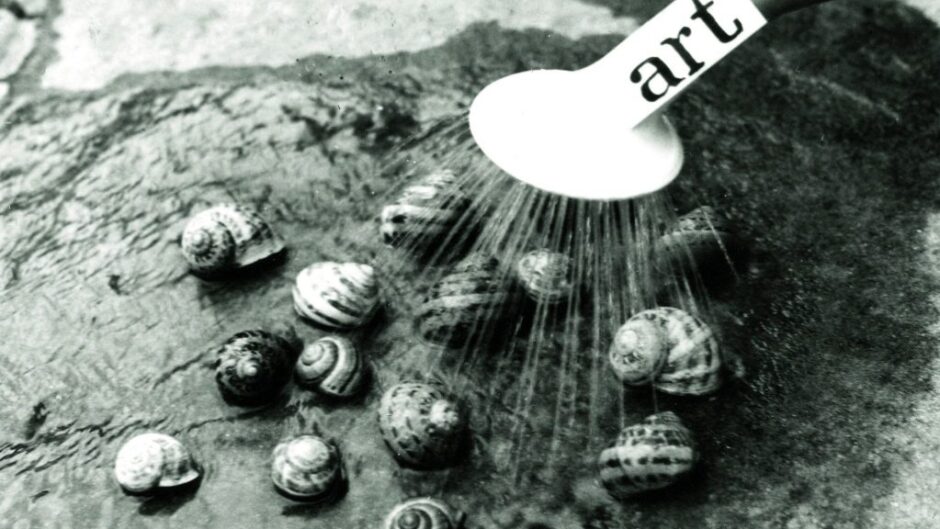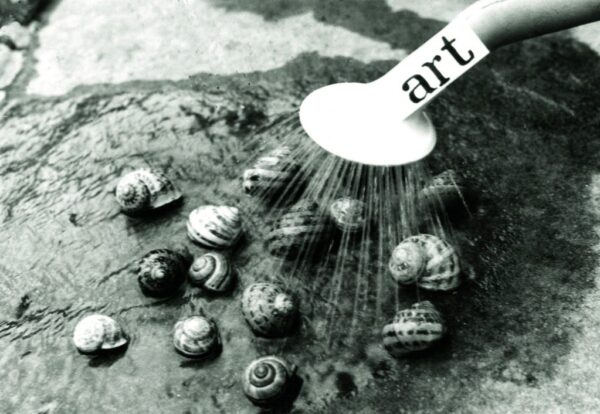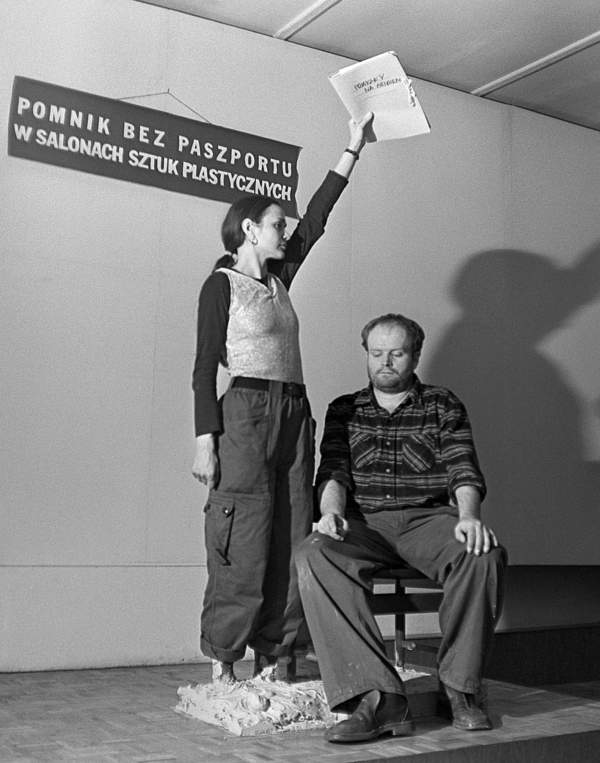Writing on ‘Antipolitics’ in 1984, Hungarian dissident György Konrád proposed that ‘reflection, introspection and cultural criticism of the most intensive kind’ were central to peacemaking. He asked: ‘How can we strengthen the horizontal human relationships of civil society against the vertical human relationships of military society?’. As cold war-era animosities continue to fuel war and division today, this new MA option explores how artists’ and art historians’ priorities in Eastern Europe have shifted in the face of successive crises and socio-cultural transformations. We take stock of how creative and historical work is embedded in local and global intellectual debates and power structures, reflecting on and navigating mechanisms of discursive and biopolitical repression. Key course themes include: the relationship between experimental art and dissent; the cultural legacy of cold war-era international relations (East and West, Russian and East European, Non-Aligned); artists’ engagement with gender and sexuality; religious and ethnic minority experiences under socialism and since its demise; questions around ‘colonisation without colonies’; the transformation of the institutional environment and art-world infrastructure of the former-East since 1989; artists’ reflections on EU migration and mobility; nuclear and environmental concerns. Methodologically, we trace a passage from 1960s leftist revisionism, via identity politics, to contemporary human rights’ discourses today, considering art’s intersection with social movements and humanitarian concerns.
The course welcomes all students who are interested in studying how artists express dissent and promote solidarity. It is especially suitable for those who are interested in exploring these themes through case studies centred on the art and visual culture of Eastern Europe. The option is designed to model a grounded form of social art history and to equip students with the tools to pursue innovative independent research and exhibition projects. Circumstances permitting, the course will include a group study trip abroad. Knowledge of an East-European language is not required.
Course Leader: Dr Klara Kemp-Welch
In the event that a course leader is on sabbatical, takes up a fellowship, or otherwise is not able to teach the course, they will be replaced by another experienced course leader either for a semester or, in some cases, the academic year.
Please note: whilst many Special Options will include site visits within the UK and further afield, these are subject to confirmation.


